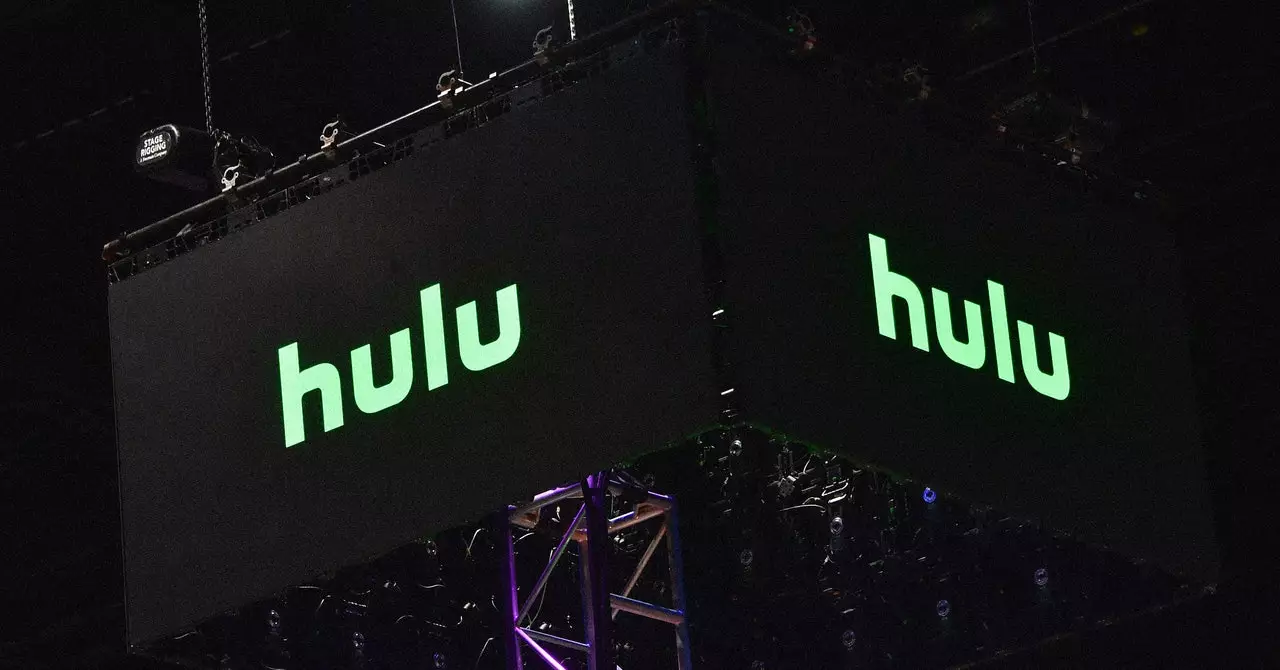Hulu recently aired an advertisement that purportedly utilizes artificial intelligence to portray an idyllic version of Gaza, blaming Hamas for preventing this paradise destination from existing. In the 30-second spot, the ad presents images of palm trees, coastlines, luxury hotels, and joyous children. It resembles a typical tourism advertisement, promoting a culture rich in tradition and experience. However, the ad quickly takes a dramatic turn as it shifts from pleasant imagery to show fighters, weapons, and children wielding guns. The message it conveys is simple yet misleading: “This is what Gaza could have been like without Hamas.”
The advertisement oversimplifies the long-standing conflict between Israel and the Palestinians, neglecting the complex historical and political factors that have shaped the region for centuries. It fails to mention that Hamas, designated as a terrorist organization by many countries, seized control of the Gaza Strip in 2007. Prior to that, Israeli troops and settlers occupied Gaza from the 1967 war until 2005, when Israel’s military and citizens withdrew from the Palestinian territory.
While the United Nations and various international entities still consider Gaza effectively occupied, the United States and Israel dispute this label. The suffering of Palestinians in Gaza cannot be attributed solely to Hamas; it is a multidimensional issue with a long, complicated history.
The ad shows images of Gaza’s devastation, emphasizing the loss of innocent lives. According to Gaza’s health ministry, over 25,000 people have been killed since October. The UN estimates that approximately 85 percent of Gaza’s population, equivalent to 1.9 million people, have been displaced. It is undeniable that the conflict has resulted in immense suffering for both Palestinians and Israelis.
It is important to acknowledge that around 1,200 Israelis have lost their lives due to Hamas attacks, including the October 7 incident that triggered the current crisis. By presenting a simplistic narrative, the ad fails to capture the true complexity of the conflict, disregarding the losses experienced on both sides.
The advertisement incorporates generative AI technology to create an illusionary vision of a conflict-free Gaza. The visual aesthetics, errors in perspective, and repetitive facial expressions suggest the use of AI-generated imagery. While the ad acknowledges that the scenes in the first half are imaginary, it utilizes AI to manipulate emotions and effectively spread its message.
Throughout the conflict, activists have employed generative AI to influence public opinion and gain support for their respective causes. This ad serves as a reminder of how rapidly evolving AI technologies can be harnessed for persuasive purposes. Even when individuals are aware that content is not real, it can still have a profound impact on shaping their perceptions.
The AI-generated portrayal of Gaza presented in the ad aligns with a trend on social media platform TikTok, where users employ AI to envision alternate histories. By manipulating imagery, individuals can reshape historical events according to their desired outcomes. This process can evoke strong emotions and perpetuate misleading narratives, further complicating the understanding of complex conflicts like the Israeli-Palestinian issue.
Hulu’s anti-Hamas ad employing artificial intelligence is a flawed representation of the Israeli-Palestinian conflict. By oversimplifying and distorting the realities on the ground, it fails to capture the true complexity and historical context of the conflict. The utilization of generative AI technology in this ad highlights the potential for emotional manipulation and the spread of propaganda, even in the form of a short 30-second advertisement. As consumers of media, it is crucial to critically analyze and question the information presented to us, especially when it comes to contentious and deeply rooted conflicts. Only by acknowledging the complexities and nuances can we hope to foster genuine understanding and work towards meaningful resolutions.


Leave a Reply